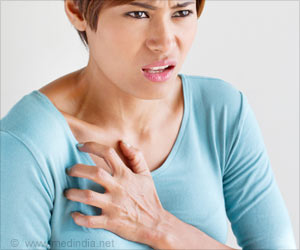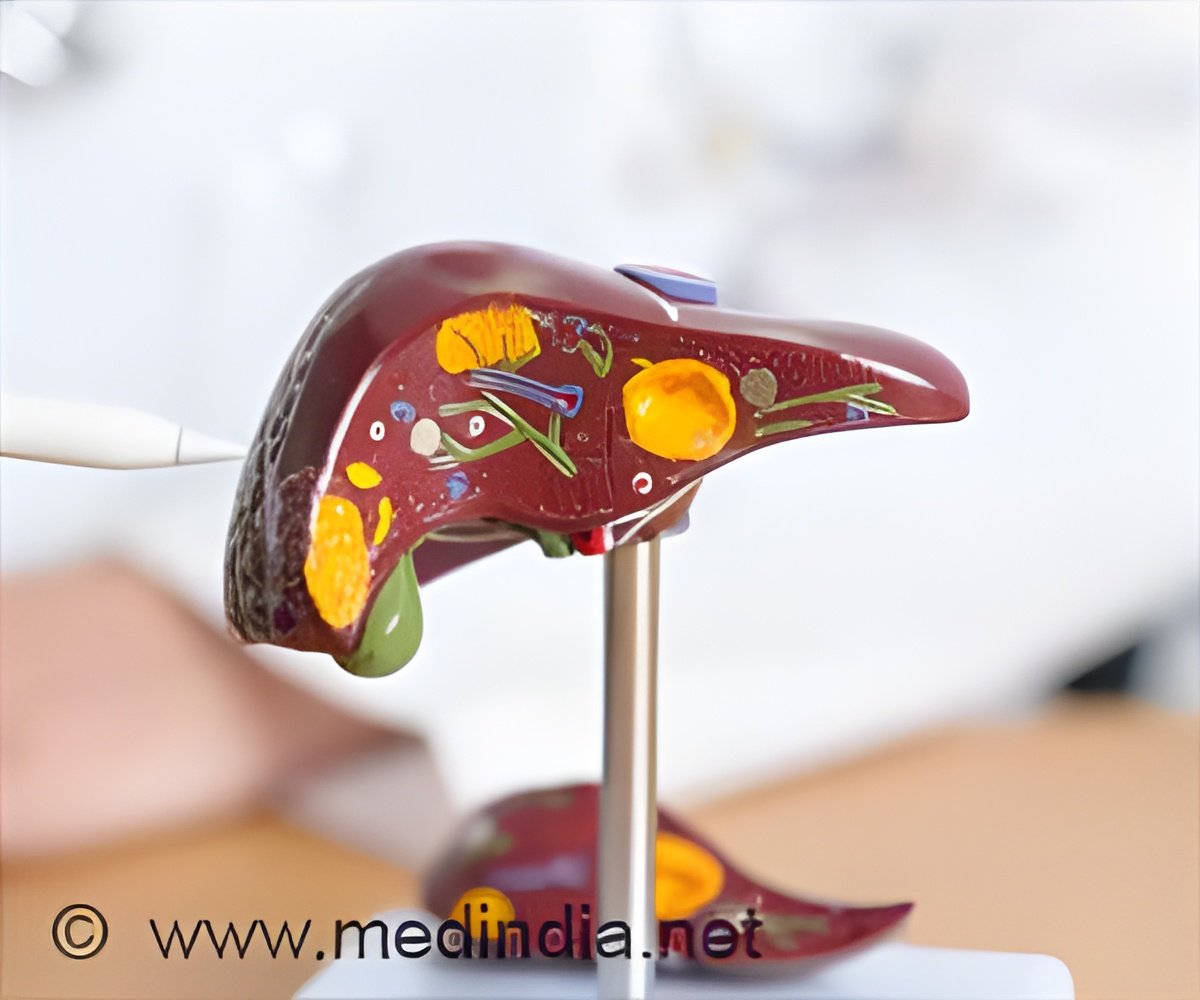One of the most common symptoms of a heart attack is chest pain. This pain lasts for a couple of minutes, or it goes away and returns.
The chest pain experienced in a heart attack is described as an uncomfortable squeezing, pressure, pain, or fullness. Apart from chest pain, radiated pain can cause other symptoms of a heart attack.
When pain radiates, it affects the nerves and spreads from the original pain points to other areas of the body. Therefore, during a heart attack, an individual may experience radiating pain in their jaw, back, one or both arms, neck, and stomach.
If a person is experiencing jaw pain in combination with shortness of breath, sweating, and dizziness, it is reasonable to suspect a heart attack.
The warning signs of a heart attack vary between females and males. While both males and females can experience chest pain or discomfort, other symptoms may differ.
For instance, females are more likely to experience other atypical heart attack symptoms such as jaw pain, shortness of breath, and nausea.
Jaw pain can also occur due to a variety of conditions that are unrelated to a heart attack, so doctors assess a person’s jaw pain with other symptoms to determine whether the jaw pain is due to a heart attack or another condition.
Hence, a person who is unsure whether their symptoms are due to a heart attack or not should contact emergency services right away, as every minute matters when it comes to heart attacks.
Source: Medindia



